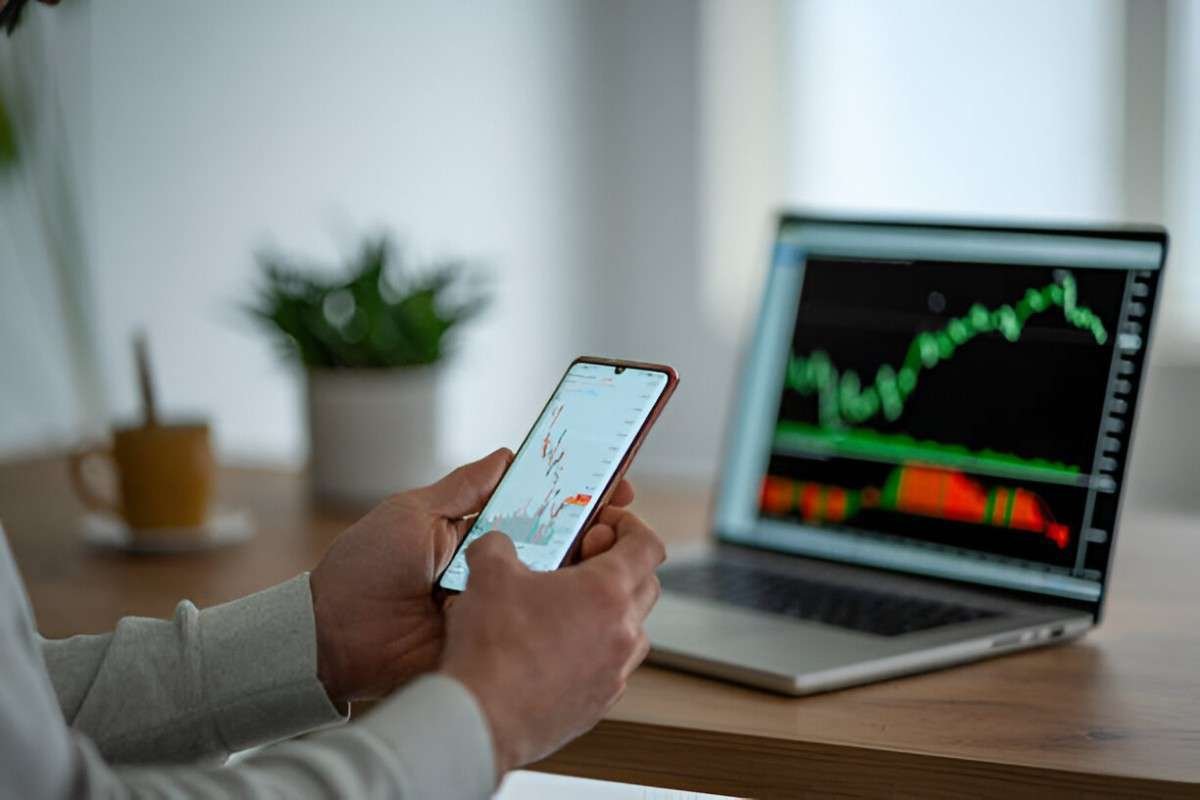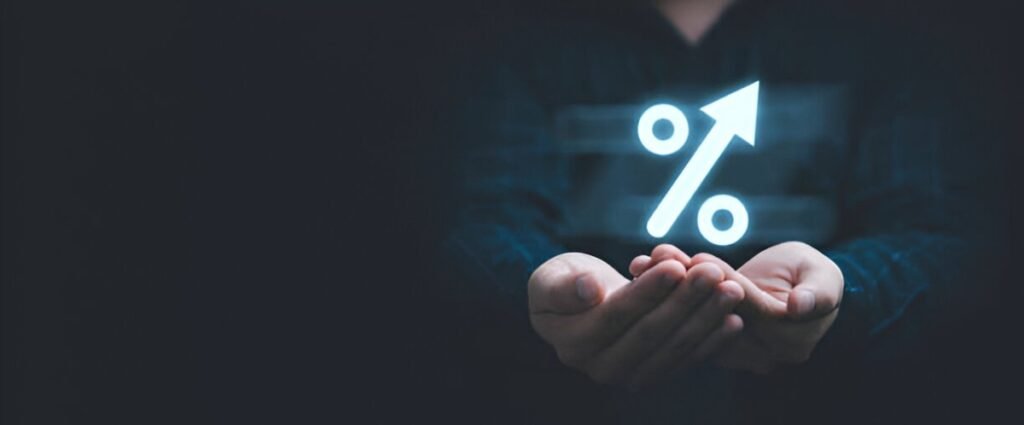As an individual interested in day trading stocks, I have spent considerable time testing and exploring various apps that help with the process. Day trading is a fast-paced form of trading where investors buy and sell stocks within the same trading day, aiming to capitalize on short-term market movements. To make informed decisions and execute trades effectively, using the right trading platform is essential. There are numerous apps available, and each offers a unique set of features, tools, and fees. In this article, I will walk you through some of the top day trading apps and how to choose the right one for your needs.
Table of Contents
What Makes a Good Day Trading App?
Before diving into specific apps, it’s important to understand the key features that make a trading app suitable for day trading. Day traders need access to real-time market data, fast execution of trades, low commissions, and tools for technical analysis. Here’s a breakdown of the essential features:
- Real-Time Market Data: Day trading relies on making split-second decisions. Access to accurate and up-to-the-minute market data is crucial for success.
- Low Commissions: Day traders typically make multiple trades throughout the day, so high commission fees can eat into profits. Low or zero commissions are a must.
- Fast Execution: A delay in order execution can result in missed opportunities. A good day trading app should execute orders without delay.
- Charting Tools: These tools help analyze price patterns, volume, and other indicators to make data-driven decisions.
- Customizable Alerts: Being notified when a stock hits a particular price or reaches a certain threshold can save valuable time.
- Paper Trading: Some apps offer a simulated trading environment for practice, allowing traders to familiarize themselves with the platform without financial risk.
Top Day Trading Apps: An Overview
After testing various apps, I’ve narrowed down the top options based on key features. Here are the apps that stand out in terms of usability, functionality, and cost.
1. TD Ameritrade (Thinkorswim)
TD Ameritrade’s Thinkorswim platform is widely considered one of the best apps for day trading. It offers a range of tools that are tailored to both beginners and seasoned traders.
- Commissions: $0 for stock and ETF trades.
- Features: Real-time streaming quotes, advanced charting tools, paper trading, and customizable alerts.
- Pros: Comprehensive charting tools, fast order execution, and a highly customizable interface.
- Cons: Somewhat overwhelming for beginners due to the number of features.
2. Fidelity
Fidelity is a well-known name in the investment world. Their Active Trader Pro platform is designed specifically for active traders.
- Commissions: $0 for stocks and ETFs.
- Features: Advanced charting, real-time data, and a variety of technical analysis tools.
- Pros: No commissions, research and analysis tools, and responsive customer service.
- Cons: The mobile app isn’t as robust as desktop versions.
3. ETRADE (Power ETRADE)
ETRADE’s Power ETRADE platform is another popular choice. It combines a user-friendly interface with powerful features for day traders.
- Commissions: $0 for stock and ETF trades.
- Features: Real-time data, customizable charts, and access to options and futures trading.
- Pros: Simple to use with powerful tools for technical analysis.
- Cons: Limited educational resources compared to some competitors.
4. Robinhood
Robinhood revolutionized trading with its zero-commission platform, making it one of the most popular choices for day traders, especially those who are just starting out.
- Commissions: $0 for stock and ETF trades.
- Features: Easy-to-use interface, no minimum deposit, and fractional shares trading.
- Pros: Free trades and easy to navigate for beginners.
- Cons: Limited technical analysis tools and fewer features for advanced traders.
5. Charles Schwab (StreetSmart Edge)
Charles Schwab’s StreetSmart Edge platform is a reliable option for day traders looking for both simplicity and advanced features.
- Commissions: $0 for stock and ETF trades.
- Features: Real-time data, advanced charting tools, and a customizable interface.
- Pros: Robust research tools and customer service.
- Cons: The platform can be difficult to navigate for new traders.
Comparing Day Trading Apps: A Closer Look
The table below compares some of the top day trading apps based on key factors such as commission, features, and user experience. This will help you make a more informed decision based on your preferences.
| App | Commissions | Key Features | User Experience | Best For |
|---|---|---|---|---|
| TD Ameritrade (Thinkorswim) | $0 for stocks and ETFs | Advanced charting, paper trading, real-time data | Complex but powerful | Experienced traders |
| Fidelity (Active Trader Pro) | $0 for stocks and ETFs | Real-time data, advanced charting, research tools | User-friendly, great support | Active traders seeking research |
| ETRADE (Power ETRADE) | $0 for stocks and ETFs | Customizable charts, real-time data, options trading | Easy-to use and navigate | Beginner and intermediate traders |
| Robinhood | $0 for stocks and ETFs | Simple interface, fractional shares, no minimum deposit | Extremely easy for beginners | Beginners with basic needs |
| Charles Schwab (StreetSmart Edge) | $0 for stocks and ETFs | Customizable interface, research tools, real-time data | Can be overwhelming for new users | Traders seeking in-depth research |
Factors to Consider When Choosing a Day Trading App
When deciding on the right app for day trading, you’ll want to consider several factors. Each trader’s needs and preferences vary, so it’s important to weigh the pros and cons of each app.
User Interface
A user-friendly interface is essential, especially if you’re new to day trading. I’ve found that some platforms, like Robinhood, offer a very clean and simple layout, which makes them easy to navigate. On the other hand, apps like Thinkorswim may have a steeper learning curve due to their numerous features, but they offer a high level of customization.
Customer Service
Day trading can be stressful, especially when things don’t go according to plan. Responsive customer support can make a huge difference when you need help troubleshooting a trade or resolving an issue. Based on my experience, platforms like Fidelity and Charles Schwab offer excellent customer service with 24/7 support.
Research and Education
For beginners, access to educational resources and research tools can be a game-changer. E*TRADE, for example, offers plenty of research tools, but Robinhood tends to be more minimalist in terms of educational content.
Commissions and Fees
As a day trader, you’ll likely be executing many trades each day. Therefore, minimizing costs is a major consideration. Apps like Robinhood and E*TRADE offer commission-free trades, which can add up to significant savings over time compared to platforms with high commissions.
Example: Calculating Potential Profit on a Day Trade
To better illustrate how commissions and fees can impact day trading profitability, let’s go through a simple example using a $5,000 investment.
Assume you buy 100 shares of a stock at $50 per share. Here’s how the calculation would break down for both a commission-free platform like Robinhood and a platform with a $5 per trade commission.
| Platform | Purchase Price | Commission | Sell Price | Profit |
|---|---|---|---|---|
| Robinhood | $50 x 100 = $5,000 | $0 | $55 x 100 = $5,500 | $500 |
| Other Platform | $50 x 100 = $5,000 | $5 | $55 x 100 = $5,500 | $495 |
In this example, the commission-free Robinhood platform allows for a $500 profit, while a platform with a $5 commission reduces the profit to $495.
Conclusion
Choosing the right app for day trading is a personal decision based on factors such as commissions, features, and user experience. After experimenting with several platforms, I can confidently say that there is no one-size-fits-all solution. If you’re just starting, apps like Robinhood or E*TRADE can be excellent choices due to their simplicity and low fees. For more experienced traders, TD Ameritrade or Fidelity may provide the advanced tools and research needed to make informed decisions.
Ultimately, the best app for you depends on your trading style, the features you value most, and your comfort with using the platform. I recommend trying a few different apps through demo accounts or paper trading to find the one that suits your needs best. Day trading is a journey, and the right tools can make a significant difference in your success.





